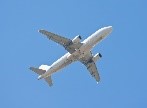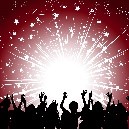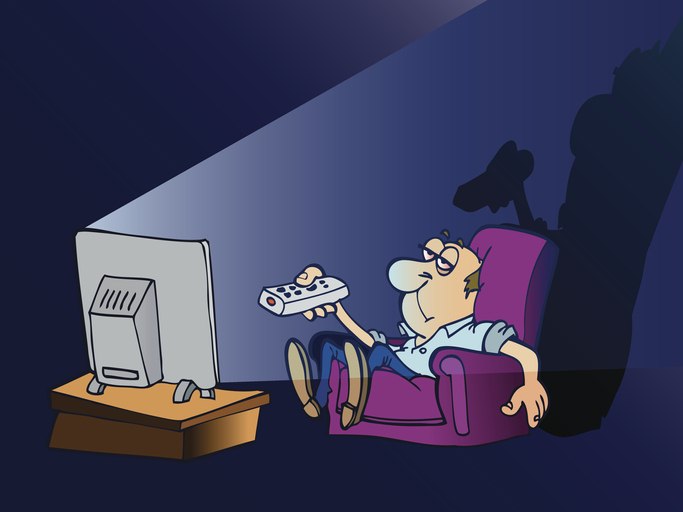



Most times, it’s easy to know when the noise around you is unsafe. An indoor concert, for instance. Try not to sit or stand in front of the speakers as this can be bad for your hearing. Using a power tool. Watching a wailing ambulance go by, or a jet flying too close overhead.
Then there are less obvious situations, like sporting events, a busy city street, certain restaurants, and watching TV at your parent’s house.
According to the Centers for Disease Control and Prevention (CDC), any noise above 85 decibels (dB) is considered “hazardous”. So that’s the gauge everyone can go by.
But how do you know if a sound has entered that hazardous range?
When a person needs to raise his/her voice to speak with someone at arm’s length or about 3 feet away, a person is likely being exposed to noise that can potentially damage his/her hearing over time.
Starkey’s SoundCheck Hearing Test app is a free app which lets you measure the decibel level of any environment you’re in, so you’ll be able to know if you’re in the clear or if you should take measures to protect your hearing. Download it on the Apple App Store or Google Play.
Noise-induced hearing loss is the second leading cause of hearing loss and not something any of us wants.
Noise-induced hearing loss (NIHL) is the only preventable cause of hearing loss. Although you may adjust to the loud sounds over time, unfortunately, your ears and brain will not. Once you lose your hearing from exposure to loud sounds, known as a NIHL, your hearing will not recover. A NIHL is typically gradual; by the time you notice it, it is often too late to prevent damage. Follow the tips below and start protecting your hearing now!
Hearing protection tips
- Use hearing protection around loud sounds. Foam earplugs are an economical solution, or consider purchasing custom earplugs to best reduce the sound levels.
- Turn the volume down on the TV, radio, music, etc.
- Avoid loud or noisy activities/places, when possible.
- Limit your time exposed to loud sounds.
- When listening to loud sounds (e.g., music, concerts, fitness classes, etc.), take breaks from the noise.
- Move away from the loudest sound source (e.g., speakers, fireworks, etc.).
- Give your ears time to recover after being exposed to loud noises.
- Do not put anything smaller than your elbow in your ear! This includes cotton swabs, bobby pins, keys, paperclips, or anything else you might use to clean or scratch your ears.
- Keep moving! Exercise keeps the blood pumping throughout the body, including the ears. This keeps the internal parts of the ears healthy.
- Get your hearing tested, especially if you experience a change in your hearing, or ringing or fullness in your ears over 24 hours.

